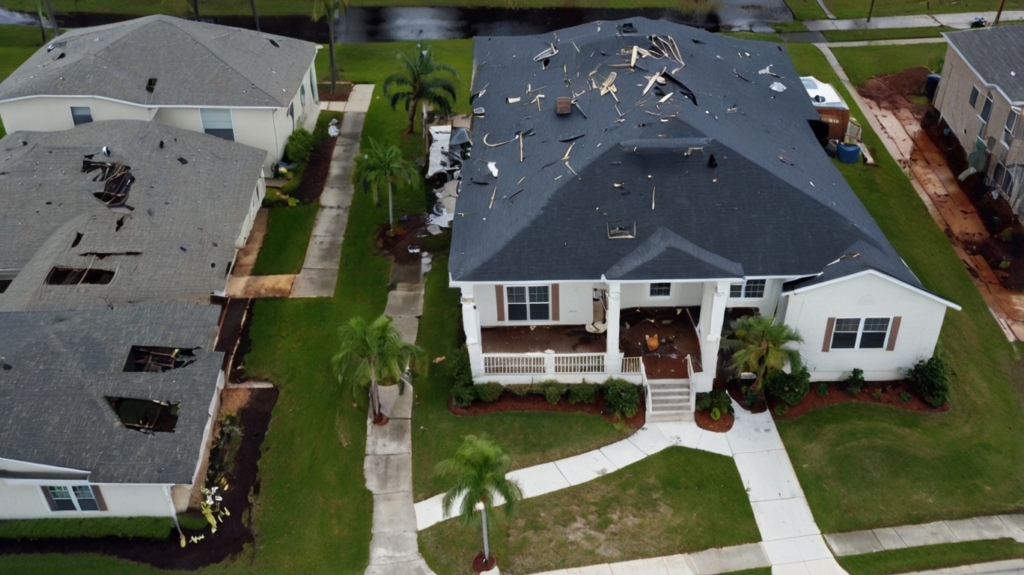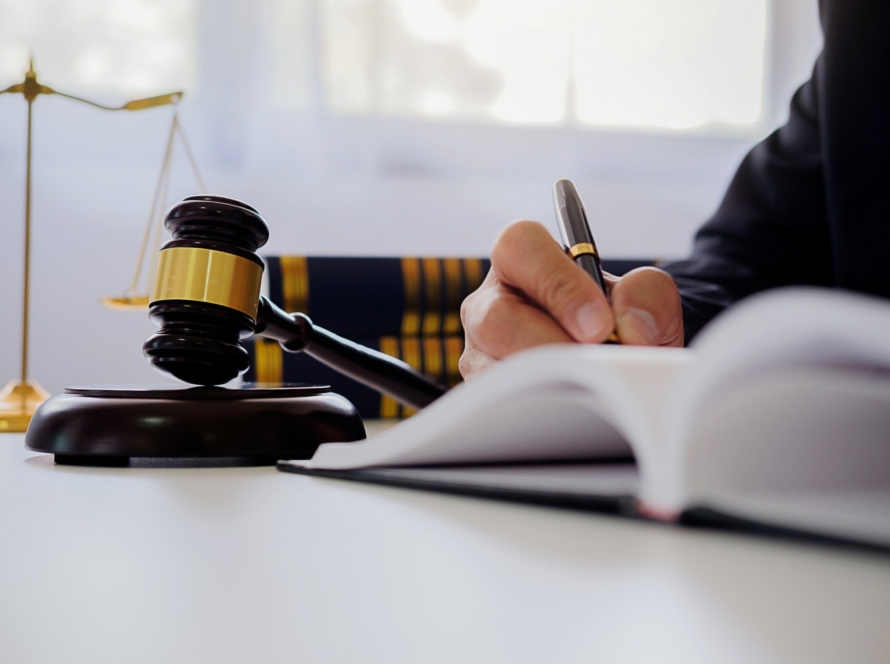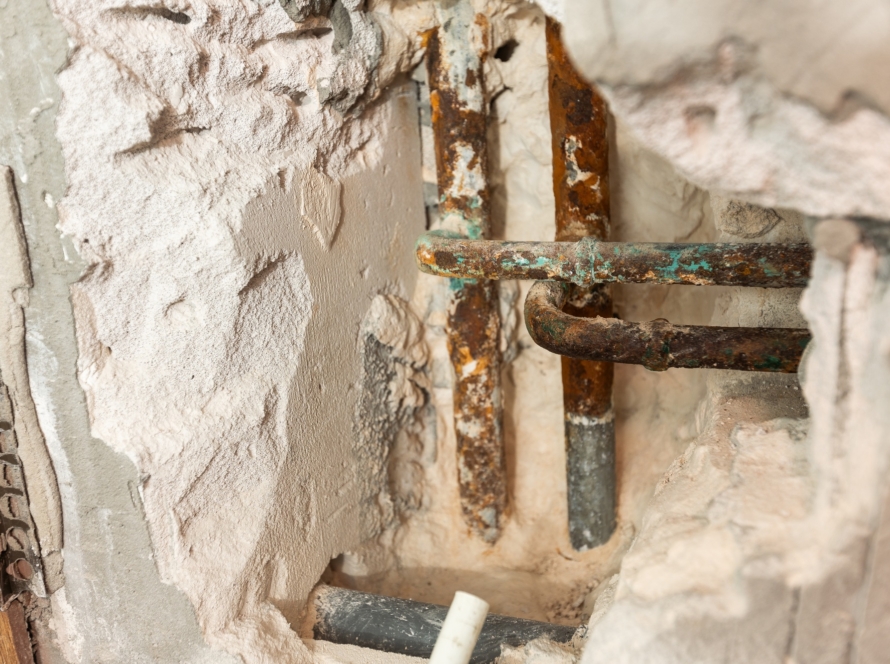
Understanding Your Homeowners Insurance Policy
Homeowners insurance is a critical component of protecting your property, especially during Florida’s hurricane season. However, many homeowners are not fully aware of what their policy covers and what it doesn’t. Here’s a guide to help you understand the key aspects of your homeowners insurance policy and ensure you are adequately protected.
1. Know Your Coverage Limits Your homeowners insurance policy will have specified limits for different types of coverage, such as dwelling coverage, personal property coverage, and additional living expenses. Dwelling coverage protects the structure of your home, while personal property coverage covers your belongings. Additional living expenses coverage can help pay for temporary housing if your home is uninhabitable due to a covered event. Review these limits to ensure they are sufficient to cover the cost of rebuilding or repairing your home and replacing your possessions.
2. Understand Your Deductible The deductible is the amount you must pay out of pocket before your insurance coverage kicks in. Homeowners insurance policies often have separate deductibles for hurricane-related damage. These deductibles can be a fixed dollar amount or a percentage of your home’s insured value. Be sure you understand your deductible and are financially prepared to cover it in the event of a claim.
3. Flood Insurance Standard homeowners insurance policies typically do not cover flood damage, which can be a significant risk during hurricanes. To protect your home from flood-related losses, you may need to purchase a separate flood insurance policy through the National Flood Insurance Program (NFIP) or a private insurer. Assess your home’s flood risk and consider obtaining this additional coverage if necessary.
4. Coverage for Wind and Hail While most homeowners insurance policies cover wind and hail damage, it’s important to verify this with your insurer. In some high-risk areas, windstorm coverage may be excluded from standard policies and require a separate windstorm insurance policy. Confirm that you have adequate coverage for wind and hail damage, as these are common during hurricanes.
5. Policy Exclusions Every insurance policy has exclusions – events or damages that are not covered. Common exclusions include damage caused by neglect, wear and tear, or certain natural disasters like earthquakes. Review your policy’s exclusions so you are aware of any gaps in coverage and can take steps to mitigate those risks.
6. Claims Process Familiarize yourself with the process of filing a claim. This includes understanding what documentation is required, how to contact your insurer, and the timeline for claim submission. Having this knowledge beforehand can expedite the process and reduce stress if you need to file a claim after a hurricane.
Understanding the details of your homeowners insurance policy is essential for ensuring you have the coverage you need. Regularly reviewing your policy and discussing any questions with your insurance agent can help you stay informed and prepared for any potential risks.
Schedule a FREE Consultation.
Submit your case details swiftly through our contact form for Payne Law’s prompt review and response.
Error: Contact form not found.



